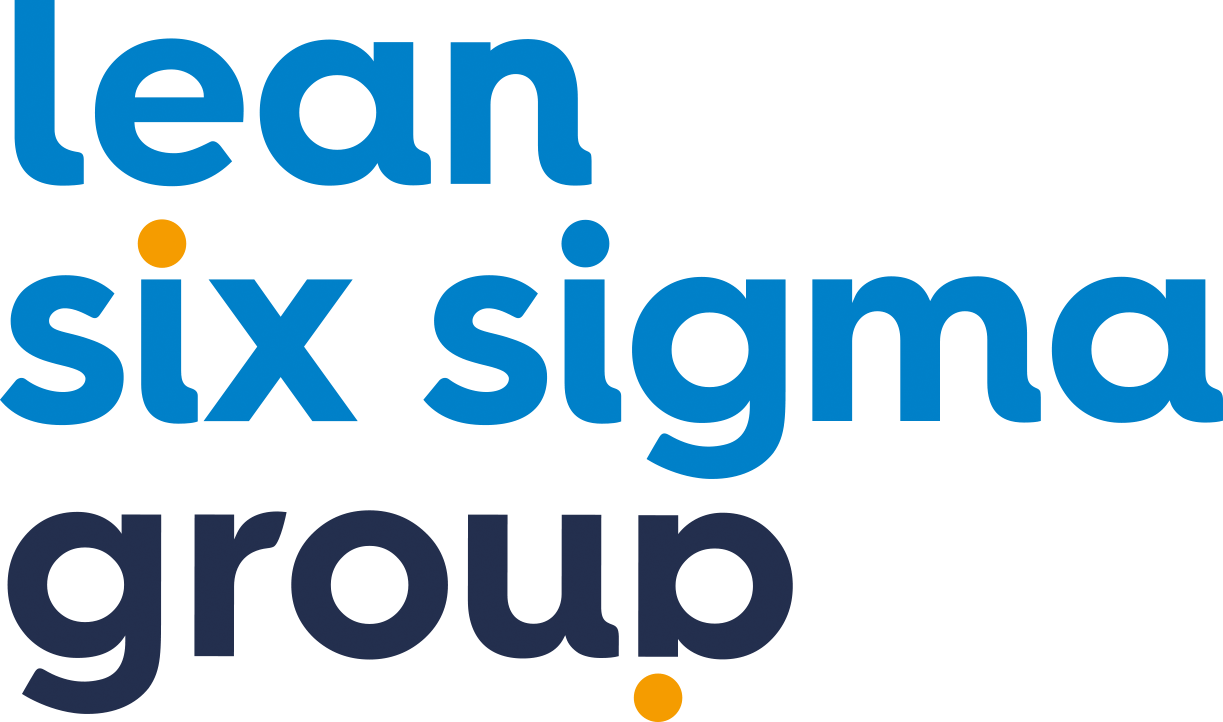What is Lean Management? Improve your operational results by eliminating waste.
Lean is a management philosophy that focuses on value for the customer achieved through the reduction of waste. Lean concentrates on lowering the time taken to get from ‘field to fork’. Lean Management focuses on facilitating the successful implementation of ‘Lean technology’ in order to achieve substantial improvements in operational results.
The most important principles of Lean Management
Lean Management is based on 5 important principles:
- An organisation must identify the wishes of the customer and thereby capture the customer’s perception of value.
2. An organisation must capture the value flows of processes and eliminate wastes within these processes. The following questions can be useful here:
- What activities directly add value for the customer?
- What activities do not directly add value (but are necessary for operations), and how can these activities be restricted to a minimum?
- What activities do not add any value whatsoever and can therefore be eliminated?
- The organisation must create an uninterrupted flow of products or services.
4. The organisation must prevent overproduction. This can be done by making sure that no production takes place that is not required by the previous step in the process (this is called ‘Pull’).
5. Keep striving towards perfection. The organisation must create a culture of improvement.
What does Lean Management yield?
In Lean Management, the human capabilities within an organisation are deployed in a smart way to create the most value possible for the customer. The successful implementation of Lean Management results in a more efficient organisation offering consistent quality and greater profitability.
How does the implementation of Lean Management work?
The basic principles behind Lean Management are fairly easy to understand. This means that, at first glance, the implementation of Lean Management might not seem a technical tour de force. But because the thought patterns of an organisation must change and because it must source the capacity needed to apply change management, Lean Management certainly requires thorough training and professional support to start with. Management and employees must understand one another and ‘be on the same page’. Many change initiatives end in failure because little attention is paid to the culture of change that is necessary in order to truly become an organisation that constantly improves ‘spontaneously’.
Lean Six Sigma Group is an expert in the field of Lean Management. Our consultants are all experienced Lean Consultants who, over the years, have supported the implementation of Lean Management within organisations in all sectors. Why is Lean Six Sigma Group your ideal partner when it comes to the implementation of Lean Management?
Lean Six Sigma Group is proactive and has a raving fan base:
- Because it does not simply ‘rattle off’ its training / coaching, but instead focuses on the result and on how to achieve it;
- Because it contributes to the customer’s thought and practical processes (without being asked);
- Because it considers the customer’s expectations important;
- Because it deploys colleagues in good time and escalates if you do not feel comfortable about certain aspects such as empowerment, engagement, programme management, etc.;
- Because it provides the process with a communication structure that includes a steering committee that can escalate matters from the perspective of Lean Six Sigma Group or from the customer’s perspective.
- Because it applies effective project management: the management of – and responsibility for – the project, budget, etc.
- Your organisation sets the tempo. Lean Six Sigma Group plays a proactive, supporting role in this;
- Our goal is to make your organisation self-sufficient as quickly as possible;
- We start off small and demonstrate successful achievements. This forms the basis of your growth.
Are you planning to go ahead with the implementation of Lean Management? Then please allow our consultants to advise and inspire you!



